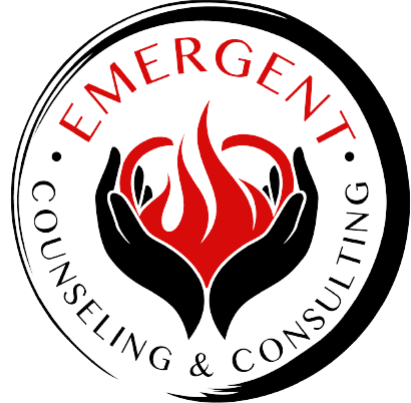ADHD WITH DEPRESSION

Understanding how ADHD can impact Depression
When most people think of someone diagnosed with attention deficit hyperactivity disorder (adhd) they are probably picturing a child who has an immense amount of energy who requires constant redirection and supervision. Although ADHD is recognized as the “hyper child diagnoses”, it should not be taken lightly. People diagnosed with ADHD often develop depression due to symptoms. ADHD is a frequently diagnosed mental illness with young males, but it can also affect both women and adult populations. People with ADHD struggle with sustaining focus and attention for long periods of time, experience fatigue and worry, restlessness, hopelessness and even poor self-confidence. In addition to the risk of depression, persons with ADHD are also at a higher risk of suicidal ideation due to impulsive thoughts and feelings of helplessness.
ADHD and depressive symptoms can often overlap each other, potentially causing a person to experience depression and suicidality. For example, a person with poor time management and low frustration tolerance may easily experience depression. Take my client for example who I will refer to as “Johnny”. Johnny suffers from poor concentration and sustained focus both in school and at home. Johnny struggles to complete tasks and often speaks out of turn. Johnny has been experiencing a decline in mood and displays frequent crying, guilt and isolation due to not being able to keep up with his peers and friends in school. Johnny has also found it more difficult to connect and build relationships with his peers and classmates often making him feel isolated and unworthy. Johnny no longer finds interest in his usual activities and is feeling hopeless and defeated. After discussing conversations about current triggers and stressors with Johnny, I identified that Johnny was experiencing depression. Although Johnny’s experience isn’t the same with everyone diagnosed with ADHD, it’s important to understand how ADHD and depression can impact each other.
Persons diagnosed with ADHD should always be screened for any other presenting symptoms. Although there is no single test that diagnoses ADHD, it can be determined through clinical assessments or medical examinations by either a clinical therapist, psychiatrist or primary care physician. Treatment options for ADHD and depression can be in the form of psychiatric medication, cognitive behavioral therapy, other talk therapies or psychoeducation. If you or someone you know is experiencing the combined symptoms of ADHD and depression contact your doctor and seek professional support.
We’re glad you found us, thank you for stopping by!
We would love to answer your questions! Simply fill out the contact form below and we will be in touch with you soon.
We’re looking forward to being your healing partner!
Looking for different healing services
At Emergent Counseling & Consulting LLC, services are person-centered, culturally sensitive, stigma-free, holistic and strengths-based.
Our services are tailored to meet your needs and help you develop the skills needed to get rid of anxiety and depression, and enhance your quality of life. Our methods are non-invasive, short-term evidenced-based techniques such as Brainspotting, and Emotional Freedom Technique (EFT Tapping), which simple and focused on reducing the intensity of distress associated with anxiety and depression.

